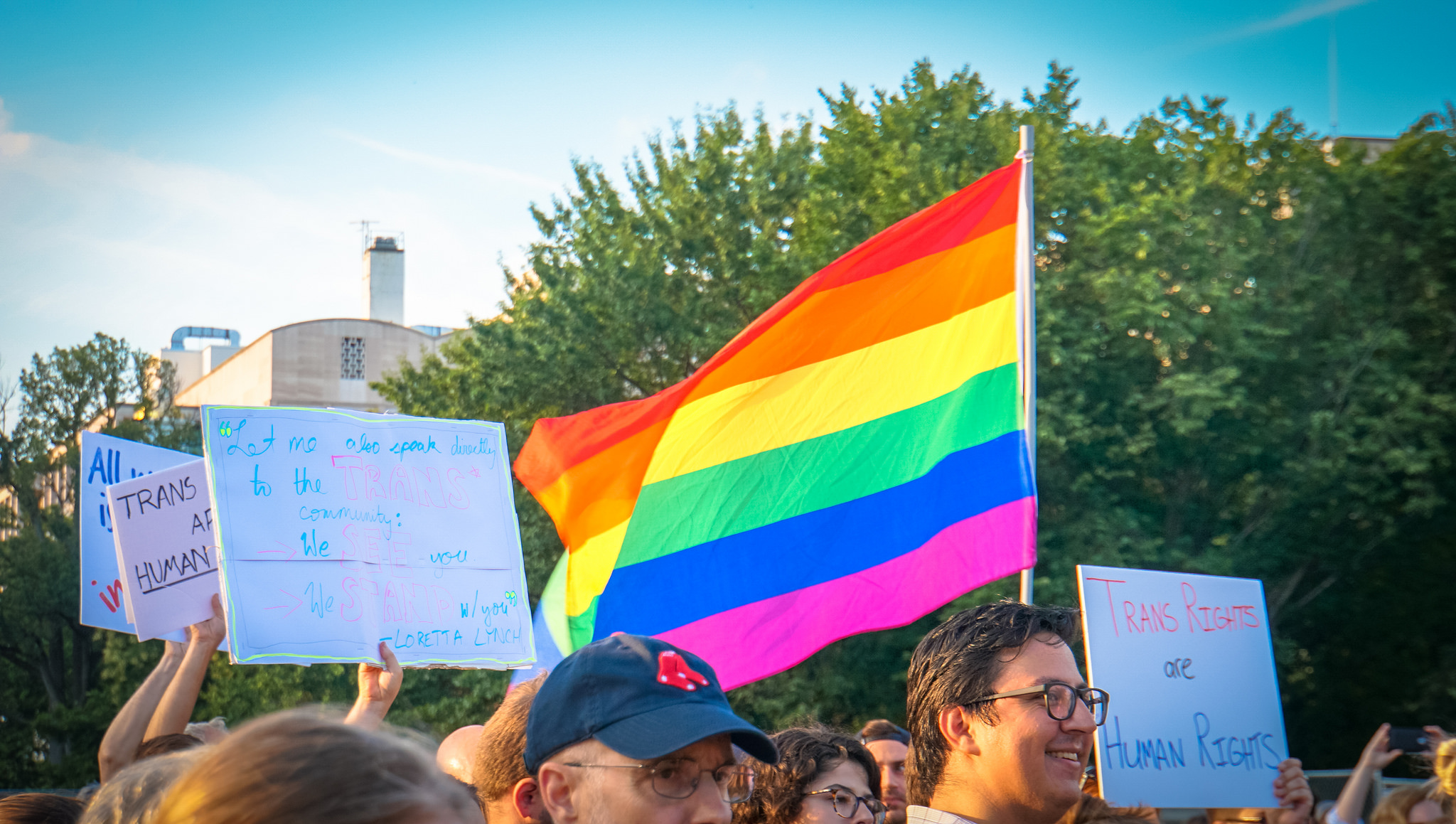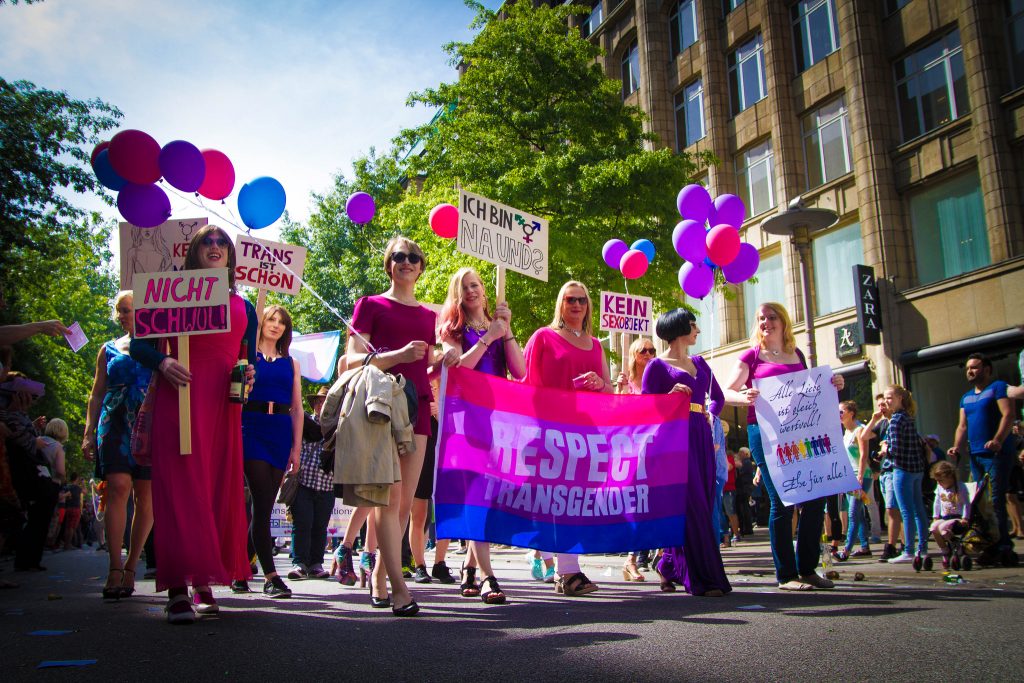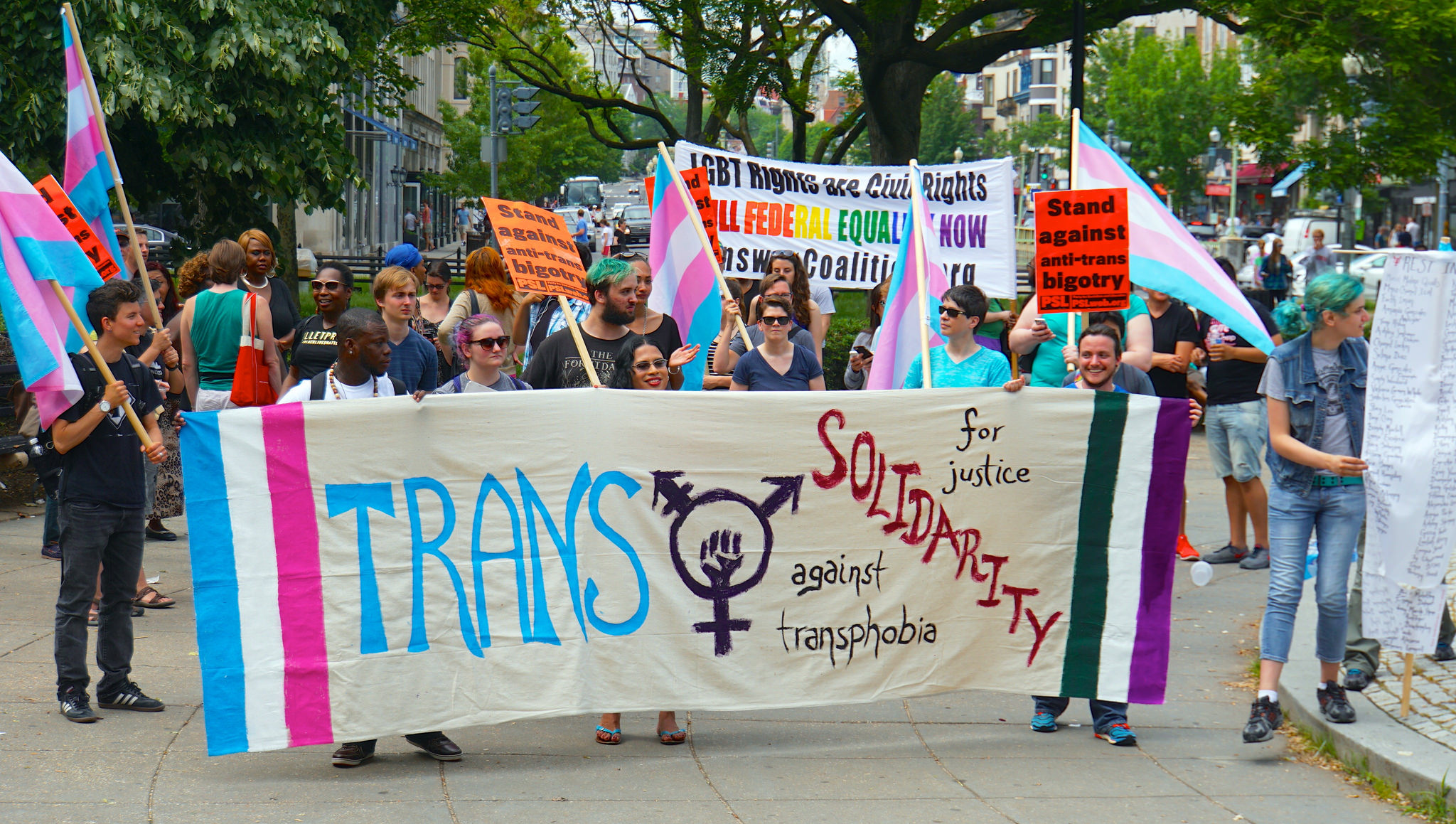Chwarae Teg (‘fair play’ in Welsh) is an organisation based in Wales supporting women. Chwarae Teg’s Policy and Research Lead, Natasha Davies, explains why modernising the Gender Recognition Act is an important step towards trans equality and does not compromise women’s rights or safety.
In July, Chwarae Teg, along with three other women’s organisations in Wales – Women’s Equality Network (WEN) Wales, Women Connect First and Welsh Women’s Aid – released a statement in support of trans women.
This statement came alongside the announcement that UK Government would be consulting on proposed reforms to the Gender Recognition Act 2004.
We abhor the bullying and transphobia that trans women have faced throughout this process and historically
We welcomed the consultation and the opportunity for everyone’s voices to be heard, yet some of the discussion around the consultation has been damaging and frankly dangerous. We abhor the bullying and transphobia that trans women have faced throughout this process and historically, which has no place in our society.

Image via Flickr
This consultation was never supposed to be a debate on the identity of trans people, nor should it be. This is about modernising and updating an out-dated system that makes the process of getting your gender legally recognised dehumanising and demeaning.
Changes to the Gender Recognition Act 2004 will make an overly bureaucratic and dehumanising process simpler. They will bring changing your birth certificate as a trans person, in line with changing other identity documents such as your passport.
We do not believe that it [GRA reforms] will impact the safety and protections that women have
This change will remove the complex and prohibitive barriers, including cost, which disproportionately affect disabled, BAME, unemployed and other trans women who are the most vulnerable. It will bring our legal process in line with the way we already behave as a society. We do not believe that it will impact the safety and protections that women have, and need, nor will it affect the Equalities Act 2010.
Women still undeniably face discrimination and disadvantages in every aspect of their lives and our work is focused on alleviating that inequality and tackling discrimination. Trans women are part of that, and face discrimination and sexism as women, as well as being trans.
Chwarae Teg wanted to make clear from the beginning that we stand with trans women. We believe that diversity within the feminist movement is a strength that should be celebrated. Trans women are women, and our organisation and all of our work is fully inclusive of trans women.
 Credit: Flickr Franziska Neumeister
Credit: Flickr Franziska Neumeister
Trans women do not pose a threat to cisgender women; women’s equality and trans equality do not contradict, or compete with each other. The rhetoric that trans women being legally recognised as women will somehow encroach on the space of cisgender women is flawed, and has no evidence base.
As campaigners for equality we should always come from a position of inclusion, not of exclusion.
Una Mullally of the Irish Times spoke on Woman’s Hour this week about how these reforms have taken shape in Ireland, she said: “Equality is not a finite pool that we draw from which runs out when we give other people rights” and we all need to keep this at the forefront of our minds.
As campaigners for equality we should always come from a position of inclusion, not of exclusion.






